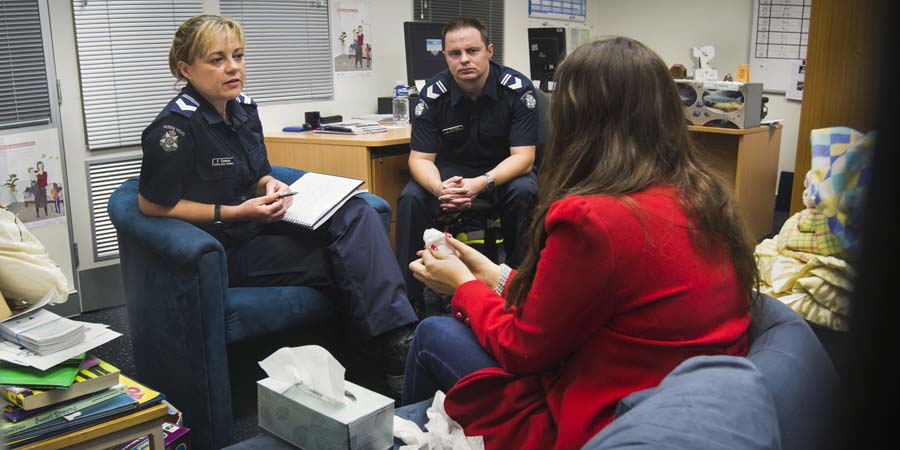If you are a victim of violence and the police become involved, they can make an immediate Violence Restraining Order (VRO) against the person who hurt you. This is called a Police Order and will be in effect for 72 hours, long enough for you to make your own application for a permanent VRO. Competent lawyers can help you to make the application and give you a great deal of legal advice about your rights and the rights of the other person involved.
The Police Orders will prevent the person from coming near you and the places where you work and live. The police will also remove any weapons from the offender and may arrest and charge the offender. If the person is released on bail, the bail conditions that are set will also prevent the person from coming near you.
The two types of restraining orders are the VRO and a Misconduct Restraining Order (MRO) which is the chosen order when the persons involved are not in a domestic or family relationship – that is, anyone you are not related to by birth, a de facto relationship or marriage.
While having an MRO served to you is not an offence in itself and won’t be shown on a criminal record, any breach of it is. If the person breaches the terms of the MRO they can be fined up to $1,000.
It is not only the police who can order protection. Any person who needs protection can apply for an MRO against a person they are not related to if they fear harm or intimidation. If the person is related to them or they are in a relationship with that person then they need to apply for a VRO rather than an MRO.
Both of these orders are meant to prevent the respondent from going near you or contacting you in any way. If they do they will be fined and may even be jailed.
But what if you are the respondent of an MRO or VRO and the protected person – called the applicant -contacts you by phone or even face to face? It is important to hang up the phone and/or walk away so you can’t be charged with a breach. If it happens more often, it is important to apply to have the MRO or VRO terms varied so that the applicant is not allowed to contact you.
It is important to seek legal advice if you are charged with a breach, just in case you have a legal defence against the charge. This is possible if you contacted them through a lawyer, a mediation service or an Aboriginal Legal Service court officer. The respondent still has some rights even though he or she has been served with a VRO.

